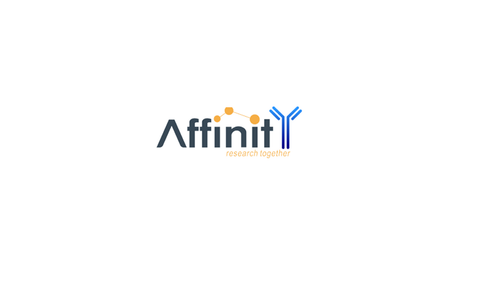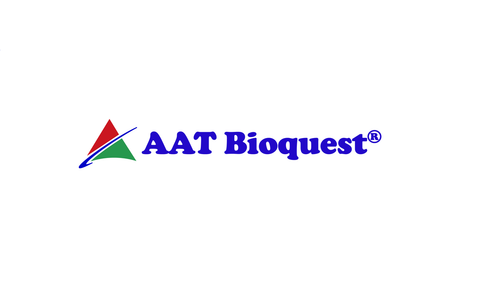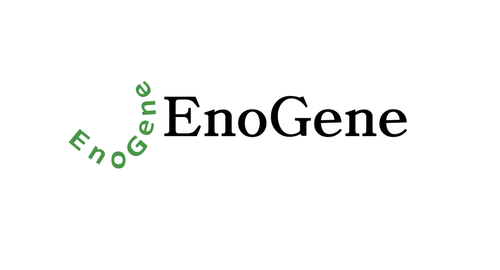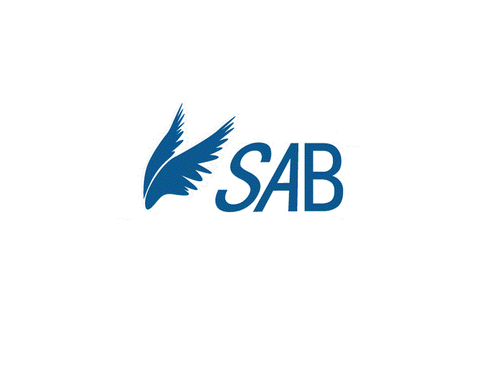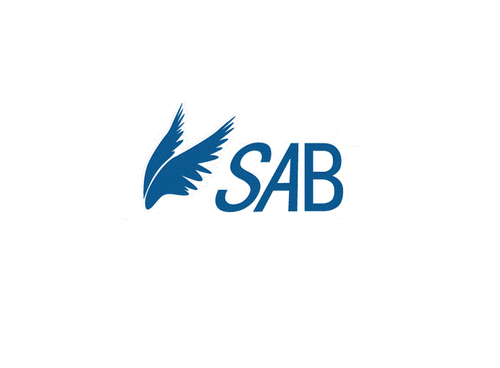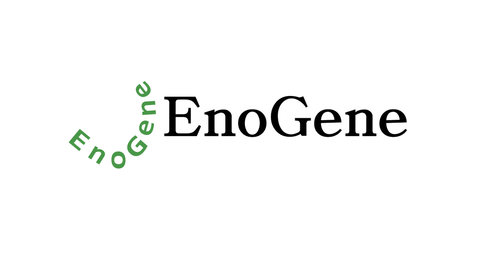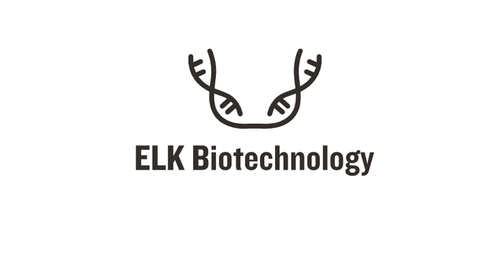Product Description
This gene was identified as a tumor suppressor that is mutated in a large number of cancers at high frequency. The protein encoded by this gene is a phosphatidylinositol-3,4,5-trisphosphate 3-phosphatase. It contains a tensin like domain as well as a catalytic domain similar to that of the dual specificity protein tyrosine phosphatases. Unlike most of the protein tyrosine phosphatases, this protein preferentially dephosphorylates phosphoinositide substrates. It negatively regulates intracellular levels of phosphatidylinositol-3,4,5-trisphosphate in cells and functions as a tumor suppressor by negatively regulating AKT/PKB signaling pathway. The use of a non-canonical (CUG) upstream initiation site produces a longer isoform that initiates translation with a leucine, and is thought to be preferentially associated with the mitochondrial inner membrane. This longer isoform may help regulate energy metabolism in the mitochondria. A pseudogene of this gene is found on chromosome 9. Alternative splicing and the use of multiple translation start codons results in multiple transcript variants encoding different isoforms.
Biovision | A1952 | Phospho PTEN (Ser370) Antibody DataSheet
Antibody Target: Phospho PTEN (Ser370)
Target Alternative Name: MMAC1; TEP1; Phosphatidylinositol 3;4;5-trisphosphate 3-phosphatase and dual-specificity protein phosphatase PTEN; Mutated in multiple advanced cancers 1; Phosphatase and tensin homolog
Tag Line: Affinity purified rabbit polyclonal antibody to detect phosphorylation of PTEN at Ser370 in human, mouse, bovine, dog, monkey, pig and zebrafish samples
Category: Primary antibody
Host: Rabbit
Isotype: IgG
Species Reactivities: Bovine, Porcine, Dog, Monkey, Zebrafish, Mouse, Human
Immunogen Sequence: KLH-conjugated synthetic peptide targeting a sequence within the C-term region of human PTEN
Accession #: P60484
Gene ID: 5728
Appearance: Colorless liquid
Form: Liquid
Concentration:
Formulation: In 0.42% Potassium phosphate; 0.87% NaCl; pH 7.3; 30% glycerol; and 0.01% sodium azide
Purification: Affinity purified
Application: Immunohistochemistry (IHC), Western Blotting
Positive Control:
Application And Usages: IHC 1:100 - 1:200, WB 1:500 - 1:1000
Country of Animal Origin: USA
Country of Manufacture: USA
Usage: For Research Use Only! Not to be used in humans.
Handling: The antibody solution should be gently mixed before use.
Western Blot Verified: True
Immunocytochemistry Verified: True
Immunofluorescence Verified: False
Immunoprecipitation Verified: False
FACS Verified: False
ELISA Verified: False
ChIP Verified: False
Dot Blot Verified: False
Flow Cytometry Verified: False
 Euro
Euro
 USD
USD
 British Pound
British Pound
 NULL
NULL





